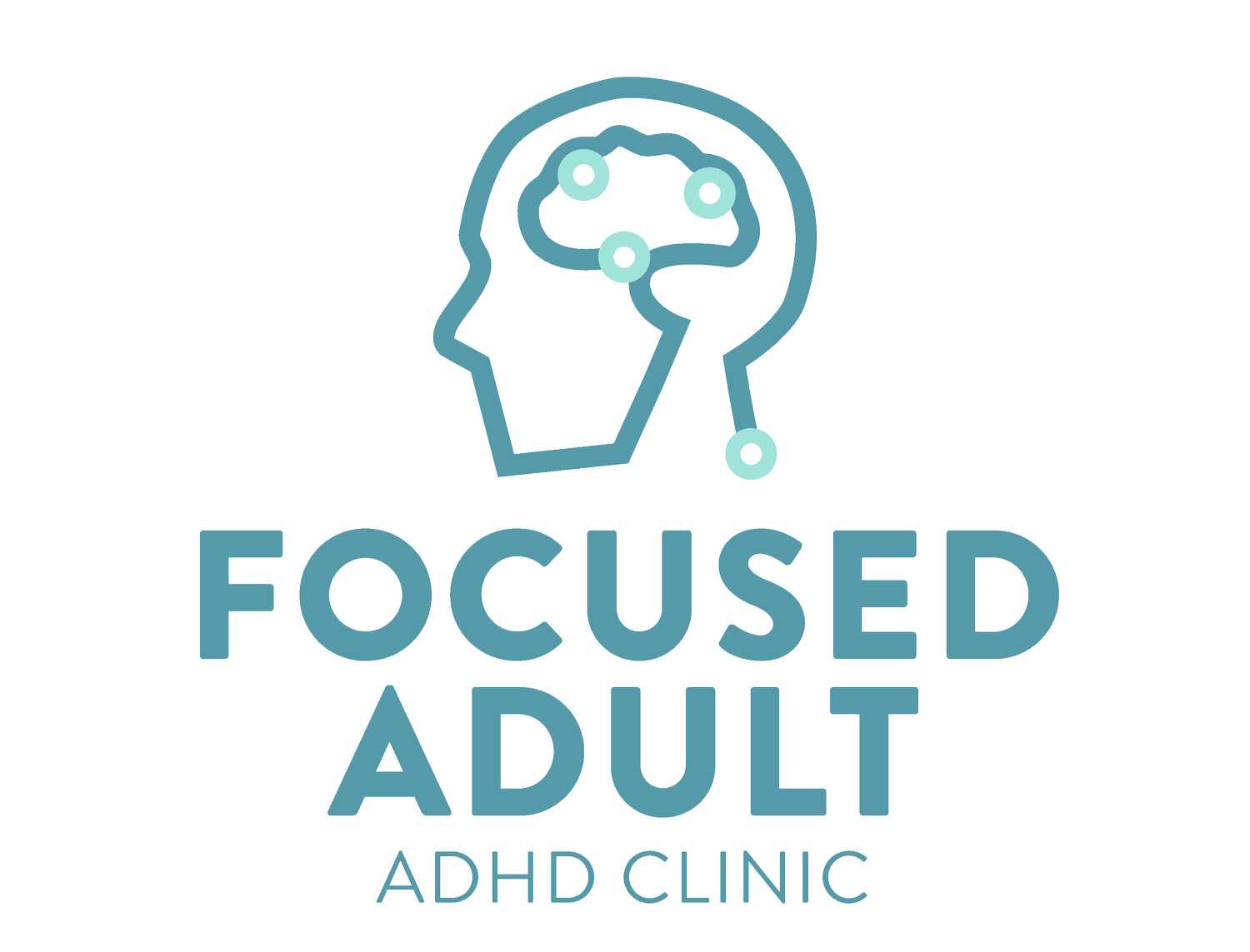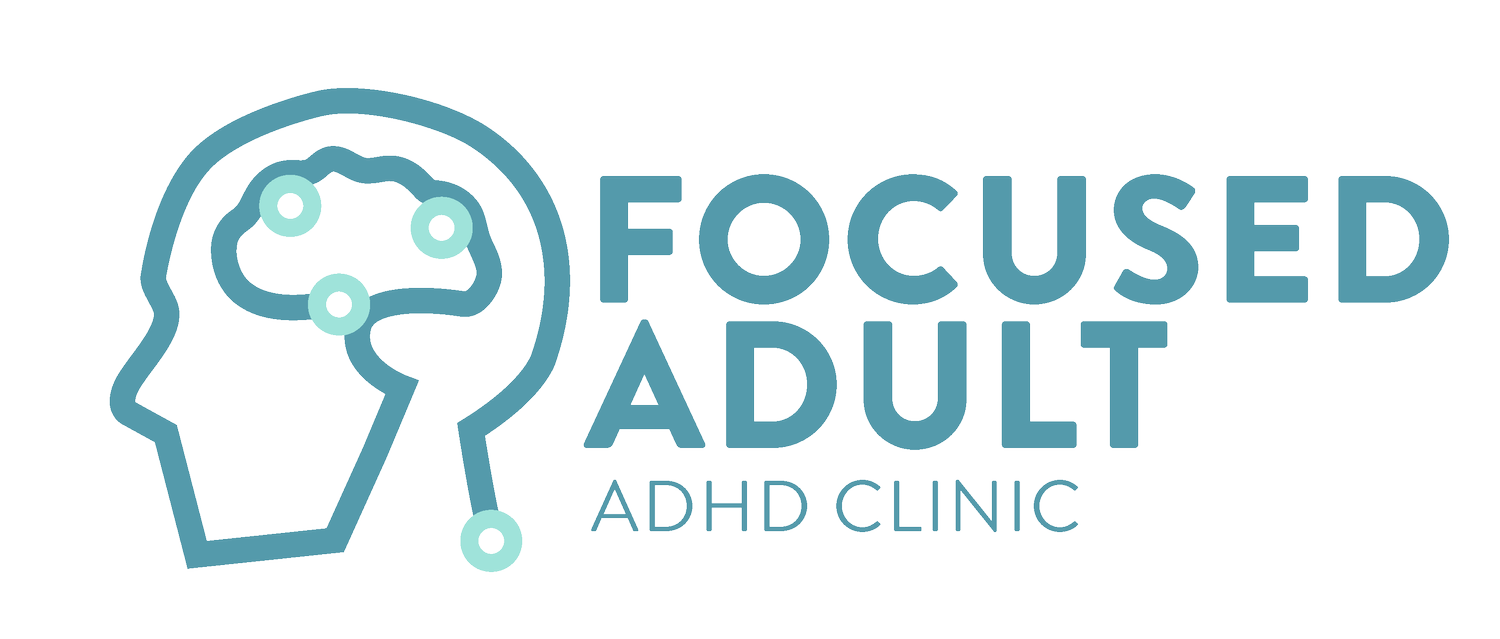Successful Money Management with ADHD
Procrastination, disorganization, and impulsivity are symptoms of ADHD that can be challenging when working on mundane tasks such as personal finances. By tracking your spending habits, creating a budget, and getting organized you can tackle this task head-on each time.
“People with ADHD have a higher rate of debt, more impulsive spending, and more arguments with their partner/spouse over money issues,” said Stephanie Sarkis, Ph.D., a nationally certified counselor and licensed mental health counselor and author.
Track your spending
Online banking makes it super easy to track your spending. Banks log every purchase or deposit the second it happens. Many banks or even apps can label or tag your purchases and follow those in real-time so you can see how much you’re spending on dining out, clothes, coffees, utilities, mortgage, and any other items you spend money on.
Create a budget
Let’s start this task by finding a time of day, or week that you can sit down and look over your spending for the day/ week. Start by figuring out the necessities, like utilities, groceries, rent/mortgage, loans, and gas.
Following list your wants; cable, tv subscriptions, internet (can go both ways if you work from home), and memberships.
Then list flexible expenses, like going out. These are expenses that once you see where your money goes, you can try to find a way you can shrink that number and save money.
There is no need to track every penny, just track the dollar amount spent and see if you can curb any of these expenses to help save money.
Helpful ways to stay organized
Calendar reminders, auto-pay, and direct deposit are key ways to get organized about your finances.
Mint and Prism are financial apps that help with bill payments and budgeting, making it easy to track your spending. Both can track all your bills and send you reminders. Both have great features like subscription management and allow you to pay bills directly from their app.
Set goals
Lastly, write down the goals you have for the money you are saving. This will help put vacations, higher education, and car or house goals in perspective and something to work towards.
Short-term goals might include saving a certain amount per week, eating out less often to save money, or keeping your financial papers organized.
Mid-term goals might include saving for a vacation or a new piece of furniture or paying off a small debt like a store charge card.
Long-term goals might include saving for college tuition or planning for retirement.
It’s ok to get help from a friend, a therapist, or a financial planner. To be successful at money management it is essential to make it a part of your routine.
We’d love to know what helps you stay on top of your finances. Please leave your favorite app, hack, or tip in the comments below.
List of resources:
https://psychcentral.com/lib/how-to-overcome-common-financial-pitfalls-when-you-have-adhd#5
https://chadd.org/for-adults/managing-money-and-adhd-expenses-and-goals/
https://chadd.org/adhd-weekly/more-month-than-money-apps-to-help-with-money-management/


